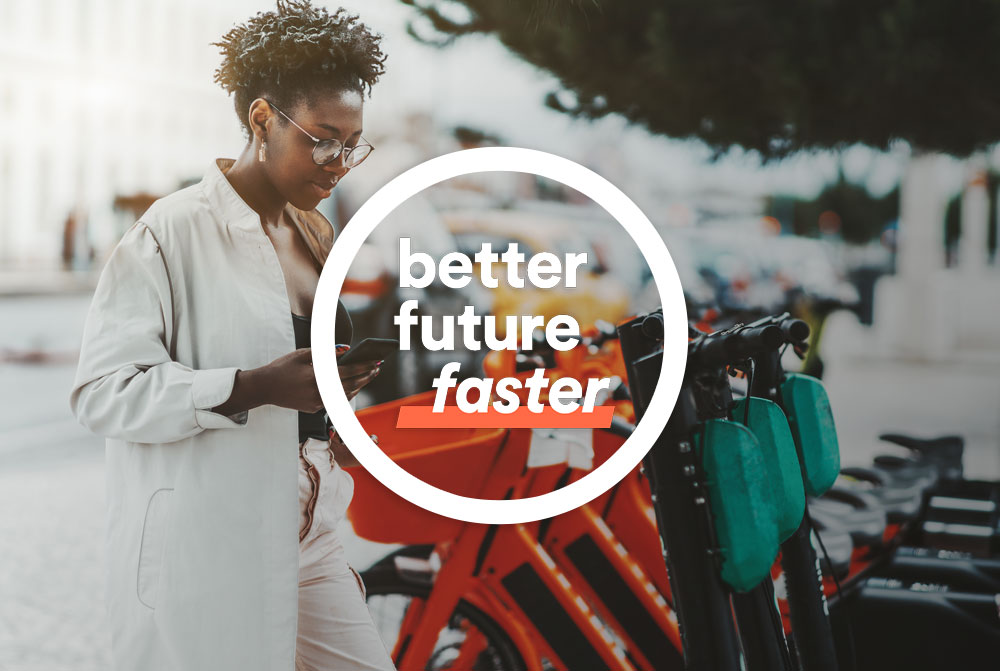Zero-Carbon Transition – Latest signals of change (30.10.20)
The We Mean Business coalition
Here are just some of the signals of change from the past week, demonstrating the transition to a resilient and inclusive zero-carbon future is accelerating.
Zero-Carbon Economy
Japanese Prime Minister Yoshihide Suga has committed the country to net-zero emissions by 2050 while South Korea’s president, Moon Jae-in, has also announced that the country will also go carbon neutral by 2050. China unveiled its five-year economic plan, on the back of its commitment to be net-zero before 2060, stressing the need for sustainable growth. China also announced it is aiming to launch its emissions trading scheme at some point before 2025. The World Business Council for Sustainable Development launched a new set of membership criteria, including reaching net-zero emissions by 2050. The TCFD has gained 500 global supporters since February despite Covid-19, the latest status report shows. Indian technology company Infosys announced it has achieved carbon neutrality. And the German Environment Agency has said a 60% reduction in greenhouse gas emissions by 2050 is achievable.
Zero-Carbon Energy
One of the largest power utilities in India, JSW Energy, has joined the Business Ambition for 1.5ºC campaign. BloombergNEF has estimated that green power will attract around $11 trillion in investment in the coming decades. The Philippines has declared a moratorium on new coal power plants and increased focus on renewable energy. ANZ Bank has joined other major Australian banks in their commitment to stop financing thermal coal projects. The UK’s goal to double its renewable energy capacity by 2030 will be achieved four years ahead of schedule, according to one study. Scottish ministers have outlined plans to add 11 GW of offshore wind capacity by 2030. And the French government has blocked an LNG deal over environmental concerns.
Zero-Carbon Transport
Germany’s car industry association VDA has committed to climate-neutral mobility by 2050, but left the door open for the role of combustion engines. Europeans bought more electrified vehicles than diesel cars in September, for the first time in history. The first of a nationwide network of 100 electric car forecourts has opened in the UK. And UK rail operator Network Rail has had its science-based target approved.
Zero-Carbon Built Environment & Industry
Brazilan chemicals company Sabará Participaçõesc has had its science-based target approved. BP has set out plans to lead a group of energy companies in developing carbon capture and storage in the UK. And China’s biggest refiner, Sinopec, announced a $13 billion investment in the hydrogen energy market.
Zero-Carbon Land Use & Nature Based Solutions
The EU is using its €390 billion agricultural subsidies package over the next seven years to encourage farmers to switch to more climate friendly practices. Indian agriculture company Mahindra EPC Irrigation has had its science-based target approved. A new study predicts that the demand for forest-related carbon removal will be delivering $800 billion in annual revenues by 2050. And another new study has increased the estimated carbon sequestration capacity of China’s tree planting efforts.

